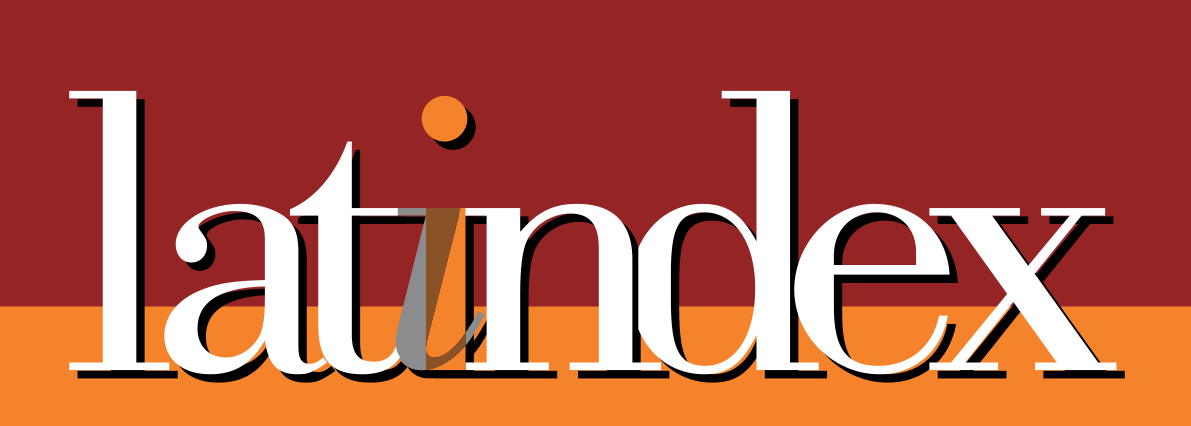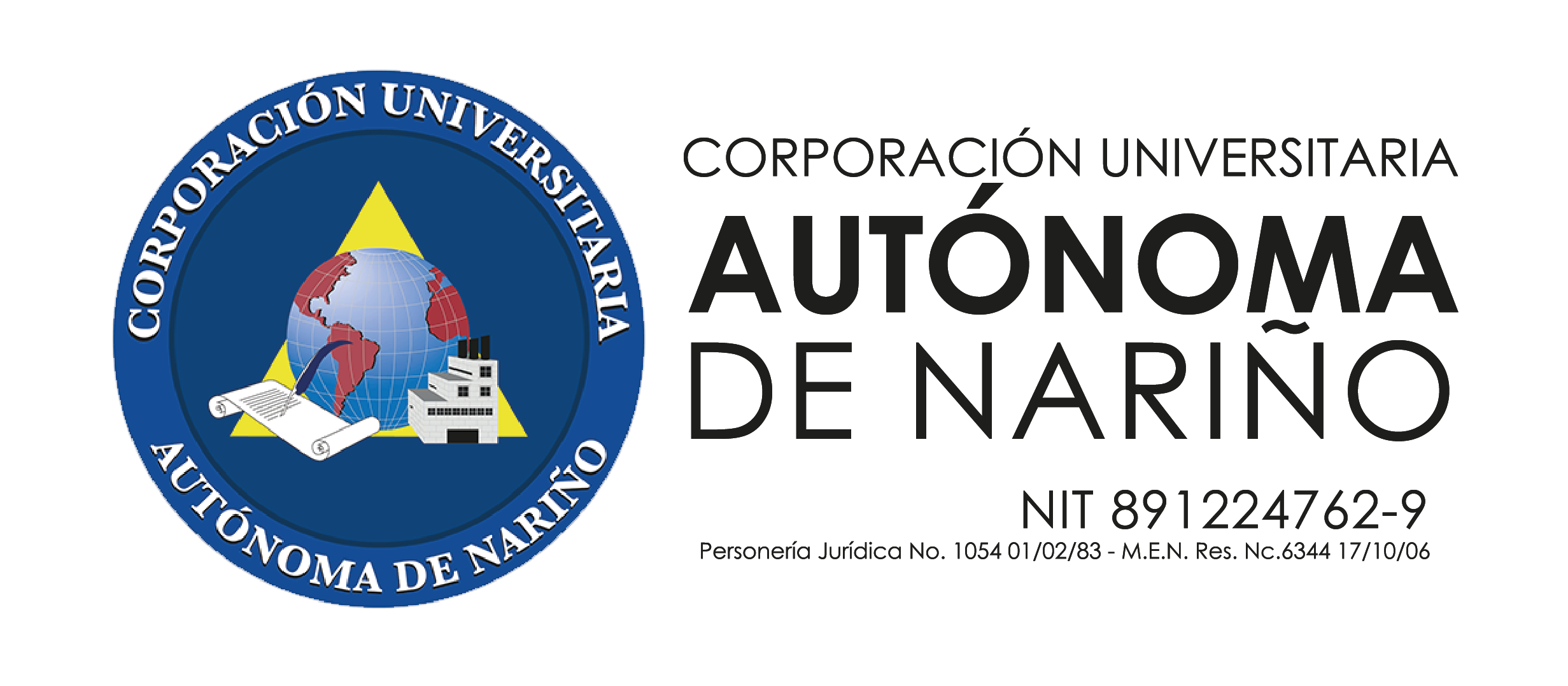Risk factors that affected academic performance in higher education students during COVID-19
DOI:
https://doi.org/10.47666/summa.5.2.2Keywords:
Education, COVID-19, virtuality, students, teachersAbstract
The crisis generated as a result of the global pandemic caused by COVID-19, brought direct consequences on educational systems, in terms of alteration and adaptation to a virtual environment, which evidenced socioeconomic inequalities, mainly for Ecuadorian households that They do not have a technological equipment or internet service to give continuity to the development of the teaching-learning process. In this sense, the present research aimed to analyze the main risk factors that affect the academic performance of the students of the Technical University of Manabí, for this, a non-experimental methodology was used, under a descriptive quantitative approach.Based on the results, it was found that the highest rate of university students surveyed resides in rural areas, where connectivity to an internet network is limited, therefore, respondents have complications when attending classes online, as well as well as to comply with the different activities in the virtual learning environment, in addition, the increase in unemployment rates has caused many of the students to drop out of their studies to get a temporary job that allows them to cope with the situation at home.
Downloads
References
Acosta, S. (2020, October 06). How universities face the challenge of virtual education in times of pandemic. https://n9.cl/qy63
Alonso, L. y Blázquez, F. (2016). El docente de educación virtual. Guía básica: Incluye orientaciones y ejemplos del uso educativo de Moodle (Vol. 33). España: Narcea Ediciones.
Álvarez Marinelli, H. y otros (2020), “La educación en tiempos del coronavirus: los sistemas educativos de América Latina y el Caribe ante COVID-19”, Documento para Discusión, N° IDB-DP-00768, Washington, D.C., Banco Interamericano de Desarrollo (BID) [en línea] https://publications.iadb.org/publications/ spanish/document/La-educacion-en-tiempos-del-coronavirus-Los-sistemas-educativos-de-America-Latinay-el-Caribe-ante-COVID-19.pdf
Bustamante, M. (2020, October 06). How universities face the challenge of virtual education in times of pandemic. https://n9.cl/qy63
Castillo, I., López, M., & Ramírez, A. (2021). Modelo para facilitar el proceso de orientación vocacional en estudiantes de bachillerato. SUMMA. Revista disciplinaria en ciencias económicas y sociales, 3(1), 1-28. https://doi.org/10.47666/summa.3.1.20
CEPAL (Comisión Económica para América Latina y el Caribe) (2020a), “América Latina y el Caribe ante la pandemia del COVID-19: efectos económicos y sociales”, Informe Especial COVID-19, N° 1, Santiago, 3 de abril
Chaves, A. (2017). La educación a distancia como respuesta a las necesidades educativas del siglo XXI. Academia y Virtualidad, 10(1), 23-41. doi: http://dx.doi.org/10.18359/ravi.2241
Gagliardi, V. (2020). Desafíos educativos en tiempos de pandemia. Question/Cuestión, 1(1), 1-6. https://doi.org/10.24215/16696581e312
Garatea, C. (2020). Pandemia: solidaridad y realismo económico. Mensaje a la comunidad universitaria por correo electrónico. Lima: Pontificia Universidad Católica del Perú.
González, M., Álvarez, P., Cabrera, L. y Bethencourt, J. (2007). El abandono de los estudios universitarios: factores determinantes y medidas preventivas”. Revista Española de Pedagogía, 78(236), 71-86.
Hernández, J. (2020, October 06). How universities face the challenge of virtual education in times of pandemic. https://n9.cl/qy63
Hurtado, F. (2020). Education in times of pandemic: the challenges of the 21st century school. https://n9.cl/9wker
International Institute of the United Nations Educational, Scientific and Cultural Organization (UNESCO) for Higher Education in Latin America and the Caribbean -
IESALC (2020). COVID-19 and higher education: From the immediate effects to the day after. Analysis of impacts, policy responses and recommendations. https://n9.cl/7wm8
Macías, M. & Mendoza, F. (2016). Challenges of the higher education system in Ecuador for the era of complexity. https://dialnet.unirioja.es/servlet/articulo?codigo=6429507
Ramos, C., Roque, R., & Ramos, J. (2022). Asociaciones entre los rasgos de personalidad en los estudiantes y su programa educativo de bachillerato. SUMMA. Revista disciplinaria en ciencias económicas y sociales, 4(1), 1-13. https://doi.org/10.47666/summa.4.1.07








